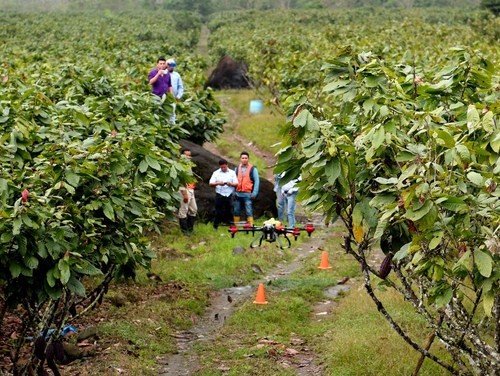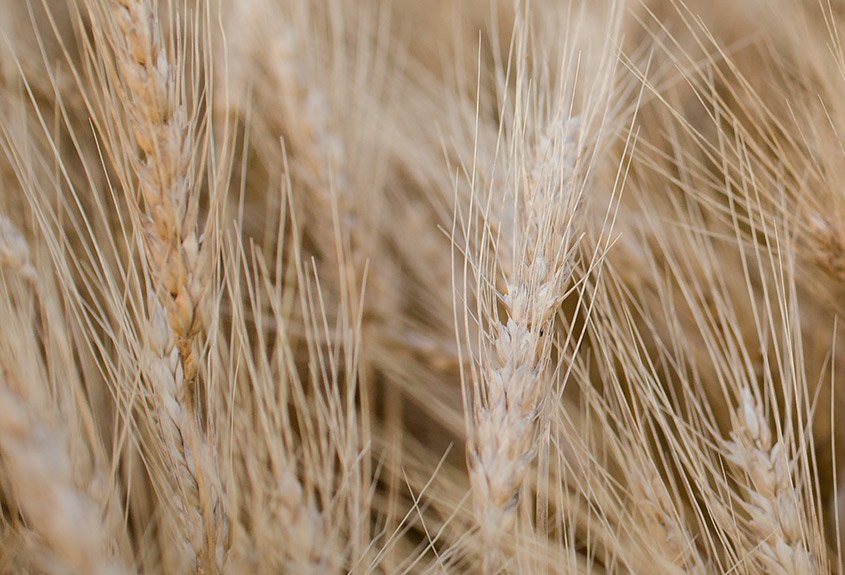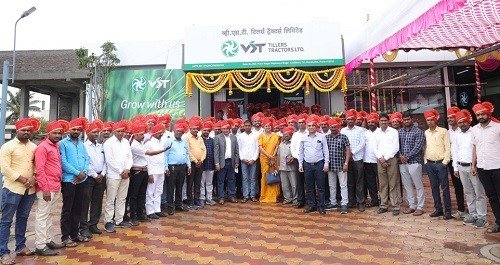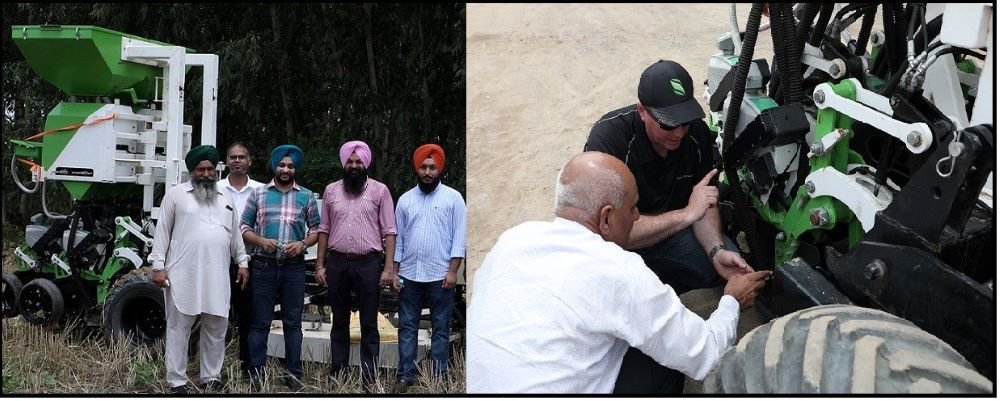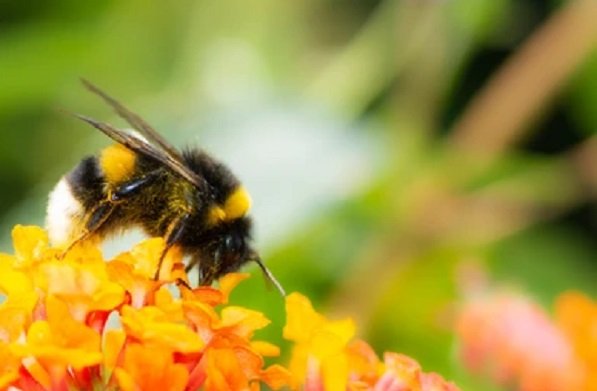APH California almond water use study delivers promising early results for growers
APH continues to work alongside its partners to enhance modern agriculture production and ensure a sustainable future for food production
Acadian Plant Health (APH) recently announced the first results of its California almond water use study, which offers promising news for tree nut growers and the almond industry in the drought-affected growing region.
In 2021, the University of California study found that applications of Acadian Organic were beneficial for reducing plant stress under limited water conditions and that when used properly, seaweed-based biostimulants have the capability to help combat drought-induced changes in plants. Both findings represent a significant boost for growers looking for sustainable agriculture solutions in the face of drought challenges.
“Acadian Plant Health is focused on delivering solutions that perform in the field and offer increased survivability and productivity for growers in challenging environments,” said Dr Sarah Maude, Vice-President, Technology at Acadian Plant Health. “These trial results, which are fantastic news for growers, show that biostimulant treatments are a potential new way to aid growers in water management by increasing the plant system’s resiliency and reducing crop productivity losses due to stress – particularly where sustainable solutions to help crops thrive with limited water are key.”
Extension specialist Dr Giulia Marino, along with her team at the 350-acre Kearney Agriculture Research and Extension Center, the University of California’s largest off-campus agricultural research facility, applied four treatments to selected almond trees.
Results from the study independently validate APH’s research, demonstrating they are ready with a solution for the region’s growers. APH continues to work alongside its partners to enhance modern agriculture production and ensure a sustainable future for food production.
APH continues to work alongside its partners



